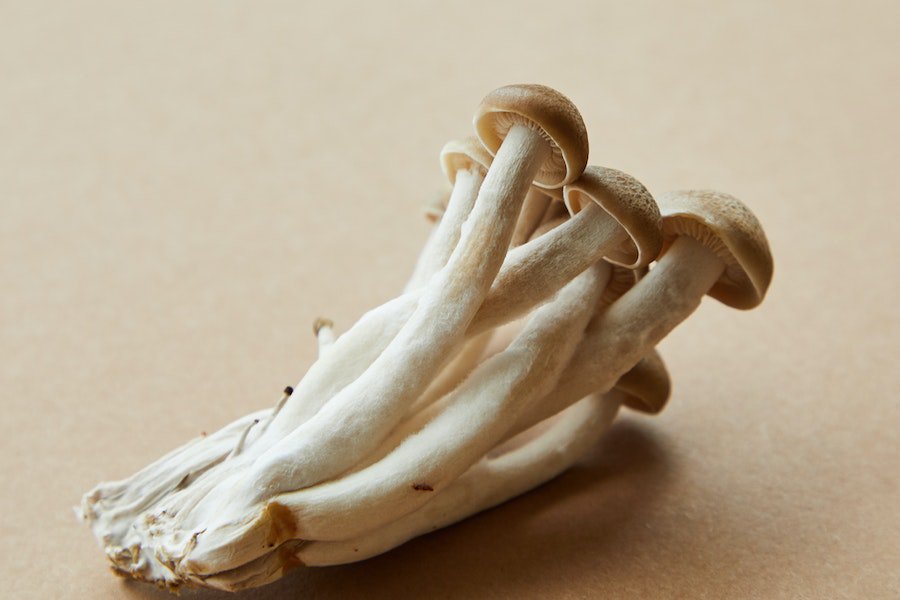You should explore different food options if you want to feed your furry friend a balanced and nutritious diet. While dogs primarily rely on a diet of meat and vegetables, incorporating certain types of fungi, commonly known as mushrooms, can offer a range of health benefits. Mushrooms for dogs have gained attention recently due to their unique nutritional profile and potential positive effects on canine health. Your dog’s diet can benefit from such fungi due to their nutritional value, as discussed in this article.
Rich in Nutrients:
Mushrooms are often celebrated for their rich nutritional content. It’s an excellent way to keep your pet fit and healthy. Compared to meat, they are healthy and low in calories. Additionally, they are an abundant source of vitamins such as B vitamins (riboflavin, niacin, and pantothenic acid), vitamin D, and minerals like potassium, copper, and selenium. These nutrients support various bodily functions, including immune system health, energy production, and maintaining healthy skin and coat.
Immune System Support:
Dogs need a strong immune system to stay healthy and fight diseases. Mushrooms contain bioactive compounds, including beta-glucans and antioxidants, to help boost your dog’s immune system. These compounds have been shown to enhance immune response and reduce the risk of certain diseases. Incorporating them into your dog’s diet can help support their immune system and promote long-term health.
Digestive Health:
Your dog’s digestive system must remain healthy and functioning. Mushrooms for dogs contain dietary fibers that aid digestion and promote a healthy gut. The mushroom fibers act as prebiotics, nourishing beneficial gut bacteria. A balanced gut microbiome improves nutrient absorption, digestion, and overall health. Including them in your dog’s diet can support their digestive health and help prevent gastrointestinal issues.
Antioxidant Properties:
As a result of free radicals, antioxidants play a crucial role in preventing oxidative stress. The antioxidant properties of mushrooms, such as selenium and ergothioneine, are well known. These antioxidants help neutralize harmful free radicals, reducing the risk of cell damage and inflammation. Including mushrooms in your dog’s diet can give them a natural source of antioxidants and help protect their cells from oxidative damage.
Joint Health:
As dogs age, they may experience joint-related issues such as arthritis or stiffness. Mushrooms contain compounds shown to have anti-inflammatory properties, which can help alleviate joint pain and promote better mobility. Including these fungi in your dog’s diet may aid in maintaining healthy joints and reducing the risk of age-related joint problems.
Conclusion:
Incorporating mushrooms into your dog’s diet can provide numerous health benefits, thanks to their rich nutritional profile. From immune system support to digestive health and joint care, such fungi offer a wide range of advantages for your furry friend. However, it’s vital to note that not all fungi are safe for dogs to consume. Some varieties can be toxic and potentially harmful. Therefore, it is crucial to consult with your veterinarian before introducing such fungi or any new food into your dog’s diet.
Remember, these fungi should only be given to dogs in appropriate quantities and cooked thoroughly to ensure maximum safety and digestibility. By understanding the nutritional value of mushrooms and following the guidance of your veterinarian, you can make informed decisions about incorporating this healthy addition into your dog’s diet.

